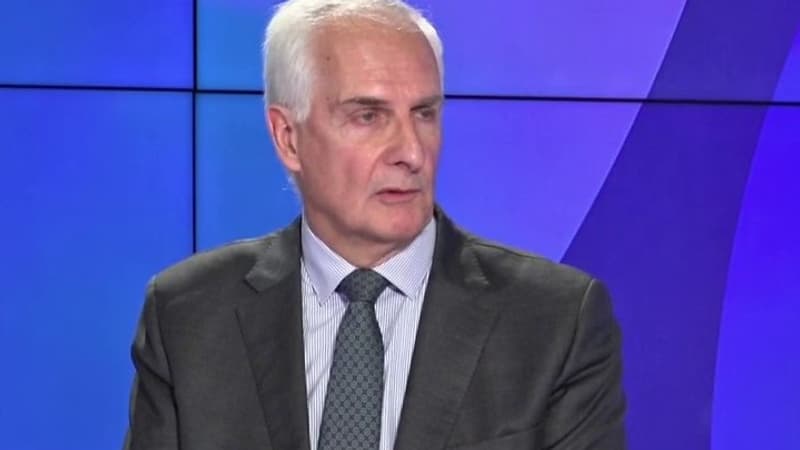Better, but still not enough. Morning guest of BFM Business, Nicolas de Warren returned to EDF’s project of establishing long-term contracts in the new market rules. “We, the electrically intensive, have been talking about long-term contracts for years, recalled the president of the Union of Energy User Industries (Uniden). Our industry was built on this foundation, these long-term contracts existed in the 1980s. These The contracts disappeared in part due to a lack of appetite from the European Union and from EDF, which had other clients to serve and considered that we were no longer a priority.”
However, the duration foreseen by the EDF CEO for these long-term contracts, from 5 to 10 years, is not adequate for the electro-intensive structures that represent 40% of industrialists. “Luc Rémont will offer his products at the heart of the sector’s portfolio, which can be satisfied with a term of 3 or 5 years, he explained. We absolutely need contracts of 10 to 15 years, but for a volume that represents a maximum of 40 TWh, on a French net production of 445 TWh last year: less than 10%, so it is not a sea to drink from EDF’s point of view.
“We can’t do EDF’s job”
Nicolas de Warren determines four parameters that must be taken into account when calibrating the contracts: the appetite for industrial operational risk, the financial risk in terms of leverage, the duration and, finally, the price. However, manufacturers have identified certain “red lines” in the production allocation contract proposal formulated by the energy company. “We cannot do the work of EDF, that is to say, assume the industrial risk, insisted the president of Uniden. We, the industrialists, assume our industrial risks, that is, our operational, deceleration and optimization risks.”
Regarding the price applied, the industrial representative anticipates a “hard” discussion, although he considers that “it has not yet entered into the heart of a true negotiation process.” “I asked the Minister that we have access to the production costs of nuclear energy evaluated by the Court of Accounts and the CRE, he added. This is an essential element of discussion that will allow objectifying the debate and knowing the reality of the cost of production because 85% of the costs are financial and are linked to indebtedness.”
Source: BFM TV


